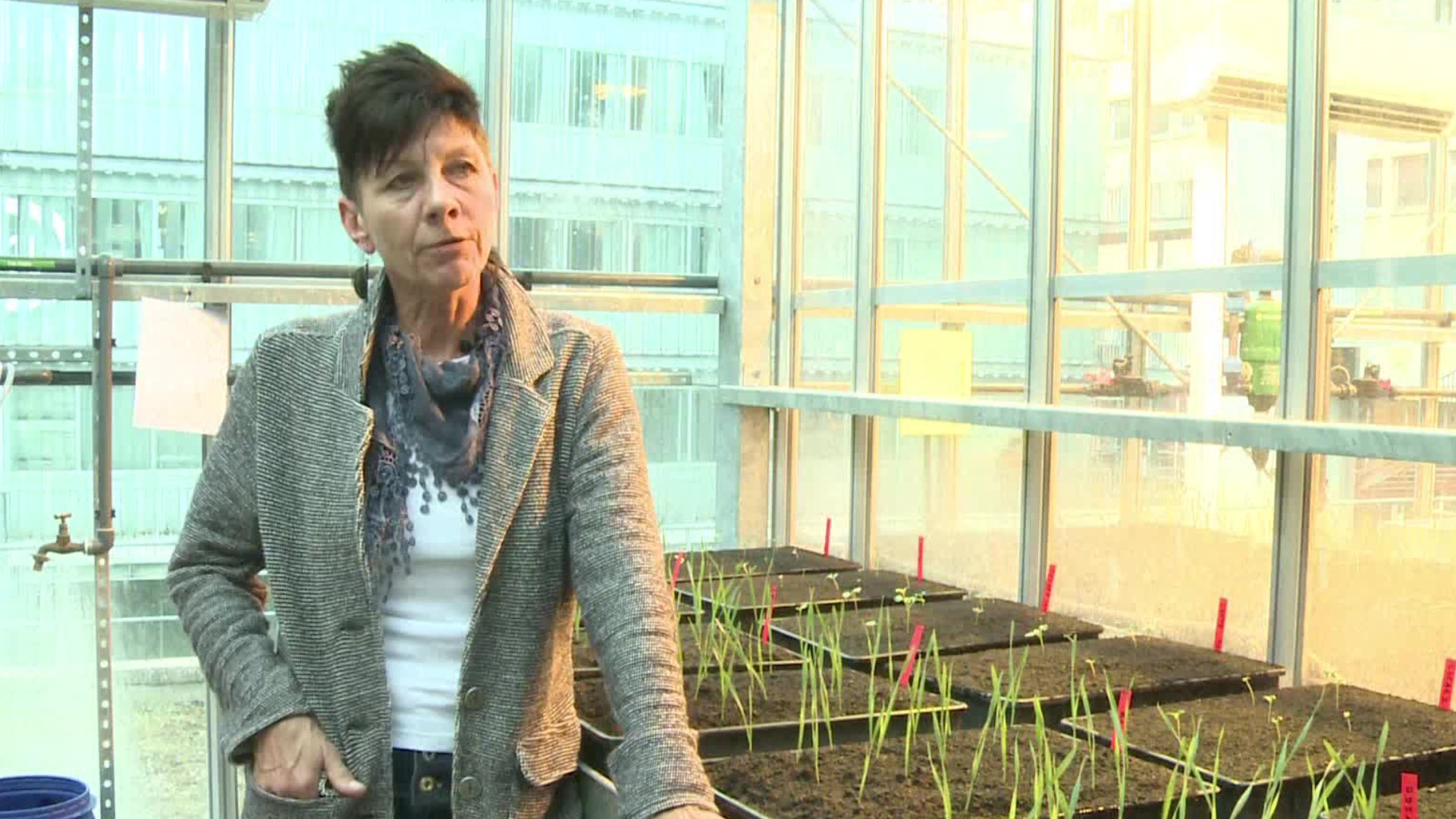Industrial Ecologists
Ecologist, Environmental Consultant, Environmental Protection Agency Counselor, Research Scientist
 Select a military branch to see samples.
Select a military branch to see samples.
Bioenvironmental Engineering; Bioenvironmental Engineering Apprentice; Bioenvironmental Engineering Craftsman; Bioenvironmental Engineering Helper; Bioenvironmental Engineering Journeyman; Bioenvironmental Engineering Manager; Bioenvironmental Engineering Superintendent
Environmental Science and Engineering
No similar titles were found.
Environmental Engineering Management Officer
Environmental Health Officer; Industrial Hygiene Officer
No similar titles were found.
What they do:
Apply principles and processes of natural ecosystems to develop models for efficient industrial systems. Use knowledge from the physical and social sciences to maximize effective use of natural resources in the production and use of goods and services. Examine societal issues and their relationship with both technical systems and the environment.
On the job, you would:
- Identify environmental impacts caused by products, systems, or projects.
- Identify or develop strategies or methods to minimize the environmental impact of industrial production processes.
- Analyze changes designed to improve the environmental performance of complex systems and avoid unintended negative consequences.
Knowledge
Math and Science
- arithmetic, algebra, geometry, calculus, or statistics
- chemistry
Engineering and Technology
- product and service development
- computers and electronics
Arts and Humanities
- English language
Manufactured or Agricultural Goods
- manufacture and distribution of products
Skills
Basic Skills
- reading work related information
- listening to others, not interrupting, and asking good questions
Problem Solving
- noticing a problem and figuring out the best way to solve it
People and Technology Systems
- figuring out how a system should work and how changes in the future will affect it
- thinking about the pros and cons of different options and picking the best one
Abilities
Verbal
- communicate by writing
- communicate by speaking
Ideas and Logic
- make general rules or come up with answers from lots of detailed information
- use rules to solve problems
Math
- choose the right type of math to solve a problem
- add, subtract, multiply, or divide
Personality
People interested in this work like activities that include ideas, thinking, and figuring things out.
They do well at jobs that need:
- Analytical Thinking
- Attention to Detail
- Integrity
- Initiative
- Persistence
- Achievement/Effort
Technology
You might use software like this on the job:
Analytical or scientific software
- StataCorp Stata
- Substance Flow Analysis STAN
Presentation software
- Microsoft PowerPoint
Data base user interface and query software
- Microsoft Access
- Oracle Database
Education
Education: (rated 5 of 5)
master's degree or
bachelor's degree
usually needed
bachelor's degree
usually needed
Job Outlook
Bright
New job opportunities are very likely in the future.
Explore More
- Conservation Scientists
- Environmental Restoration Planners
- Environmental Scientists & Specialists, Including Health
- Soil & Plant Scientists
- Water Resource Specialists
You might like a career in one of these industries:
See more details at O*NET OnLine about industrial ecologists.






